You can’t learn much about, say, sailing or skiing by reading about them. And you certainly can’t learn much about yourself sitting on a couch watching television. The real learning is in doing.
In a 2014 article, Rajiv Jayaraman makes the case for Experiential Learning:
Experiential Learning Is The Future Of Learning
More than a hundred years ago, Hermann Ebbinghaus formulated the learning curve, which describes the relationship between memory and time. In a nutshell, it says that, during a lecture, if your absorption rate is at 100 percent on day one, there is a 50-80 percent loss of learning from the second day onward, which is reduced to a retention rate of just 2-3 percent at the end of thirty days.
This theory is even more relevant in today's world where attention spans have come down and learning sometimes is reduced to 140 characters!
How then can 'Experiential Learning' help overcome this situation?
We believe there are eight reasons why experiential learning is the future of learning.
1.) Accelerates Learning
Repetitive Learning or learning by rote has long been replaced by 'Learning by Doing.' Experiential Learning methodology uses critical thinking, problem solving and decision making to deliver a training module. This has become an established method to accelerate learning…
Read the rest of the article here.







